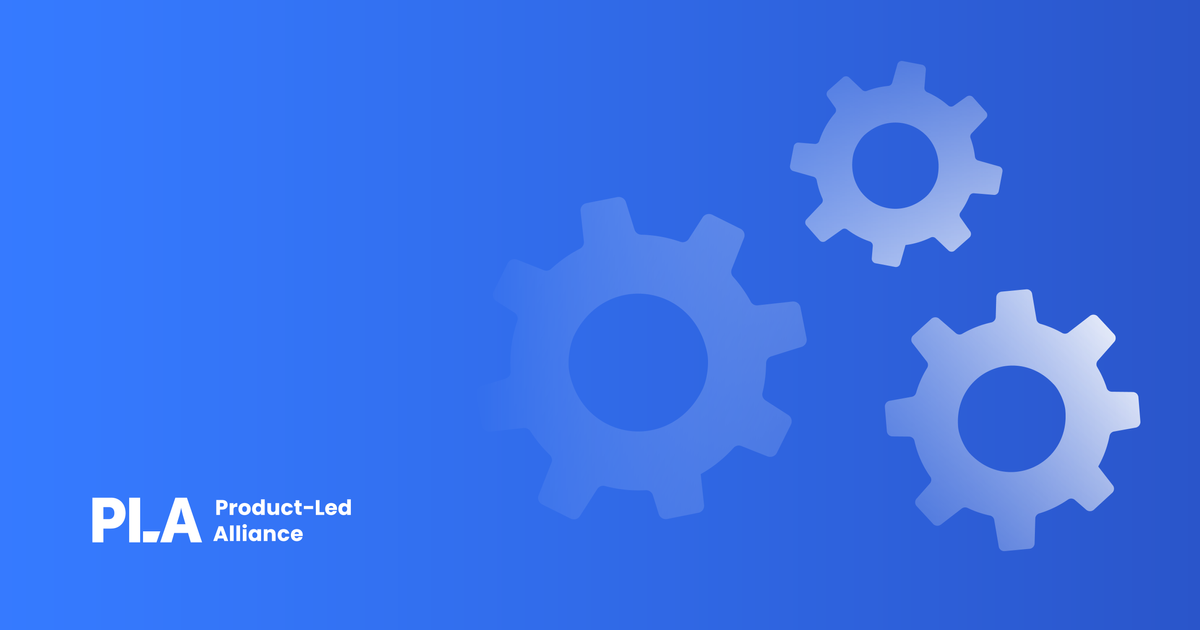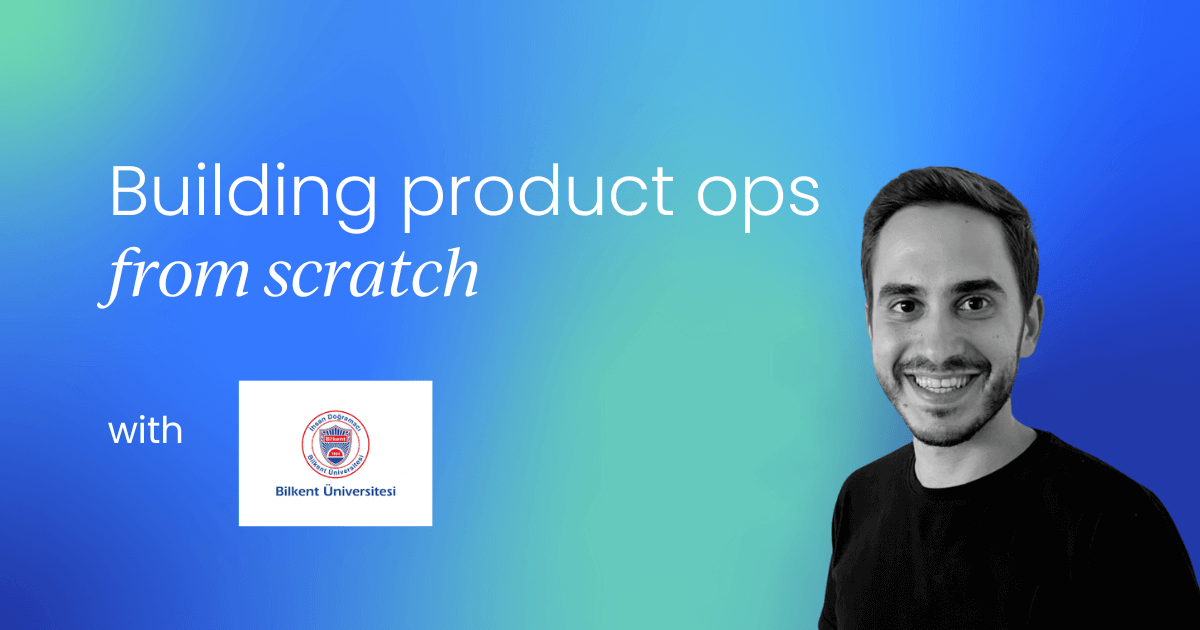This article is based on Bariș’s appearance at the virtual Product Operations Festival.
Building a product operations function from the ground up is a journey filled with unique challenges and valuable opportunities.
I'm Bariș Ermut, Product Manager at Innential, and I've spent nearly five years working with various product teams. My experience at Storyly, where I established the entire product operations function as the sole product operations person, has provided me with deep insights into the nuances of this role.
In this article, I'll share my journey from zero to hero, looking specifically at:
- Understanding the need for a product operations function
- Building the team
- Kickstarting product operations
- The importance of cross-functional collaboration and communication
- Measuring success
Let's get into it!
Understanding the need for a product operations function
Identifying the need for a product operations function is crucial. If you find yourself spending too much time on tactical work instead of strategic planning, this is a key indicator that your product team might benefit from a product operations function.
Key indicators:
- Tactical overload: If your team is bogged down by tactical tasks rather than focusing on strategic planning, it’s time to consider a product operations function.
- Data utilization: Having data but lacking a meaningful dashboard or not using data to make product decisions is another sign. A product operations function can help you make sense of your data and use it effectively.
- Initiative overload: Struggling to prioritize initiatives or having your team work on too many things at once can lead to burnout. Product operations can help streamline and prioritize these initiatives.
- Communication breakdowns: Especially in remote environments, maintaining healthy communication between teams can be challenging. Effective cross-functional communication is vital, and product operations can facilitate this.
- Goal setting and achievement: If you’re not meeting your goals or are unsure how to set realistic targets, a product operations function can help create a more valuable and realistic agenda.
By addressing these issues, a product operations function can significantly enhance the efficiency and effectiveness of your product team.

Building the Team
Internal hiring
From my experience, building your product operations team should start with internal hiring. The first hire needs to have a basic understanding of your company’s culture, processes, goals, and how your product team operates.
Hiring someone from within ensures they already have this foundational knowledge. If you opt for an external hire, be prepared for an extensive onboarding process to acquaint them with the company, the product, and the product processes.
Product manager mindset
Look for someone with a product manager mindset. Product operations is closely aligned with product management, and a successful product operations person must understand the product, the customer, and the business deeply. They should balance big-picture thinking with a detail-oriented approach.
Communication skills
Excellent communication skills are crucial. At the beginning of establishing your product operations function, you’ll spend a lot of time communicating with various teams to understand problems within the product team and across different engineering and tech teams. Conducting listening tours and engaging in thorough communication is essential.
Culture fit
Don’t forget about cultural fit. Operations require someone who is collaborative, open-minded, and adaptable to change. Change management is a significant part of product operations, and to execute it well, you need someone who is open and communicative, ensuring they can secure buy-in from everyone involved.
By focusing on these aspects, you can build a strong foundation for your product operations team, setting them up for success from the start.



 Follow us on LinkedIn
Follow us on LinkedIn




